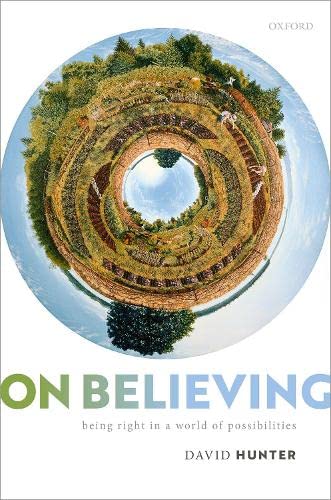
On Believing : Being Right in a World of Possibilities PDF
2022·1.2329 MB·other
Most books are stored in the elastic cloud where traffic is expensive. For this reason, we have a limit on daily download.
Preview On Believing : Being Right in a World of Possibilities
Description:
Developing original accounts of the many aspects of belief, On Believing puts the believer at the heart of the story. Hunter argues that to believe something is to be in position to do, think, and feel things in light of a possibility whose obtaining would make one right. The logical aspect is that being right depends only on whether that possibility obtains. The psychological one concerns how that possibility can rationalise what one does, thinks, andfeels. But, Hunter argues, beliefs are not causes, capacities, or dispositions. Rather, believing rationalises because possibilities are potential reasons. Hunter also denies that believing is a form of representing. The objects of belief are possibilities, not representations, and belief states are notthemselves true or false. Hunter defends this modal view against familiar objections and explores how objective and subjective limits to belief generate credal illusions and ground credal necessities. Developing a novel account of the normativity of belief, he argues that voluntary acts of inference make us responsible for our beliefs. While denying that believing is intrinsically normative, Hunter grounds the ethics of belief in attributive goodness. Believing something is to our credit whenit shows us to be good in some way, and what we ought to believe depends on what we ought to know, and not on the evidence we have. The ethics of belief, Hunter argues, concern how a believer ought to be positioned in a world of possibilities.
See more
The list of books you might like
Most books are stored in the elastic cloud where traffic is expensive. For this reason, we have a limit on daily download.
